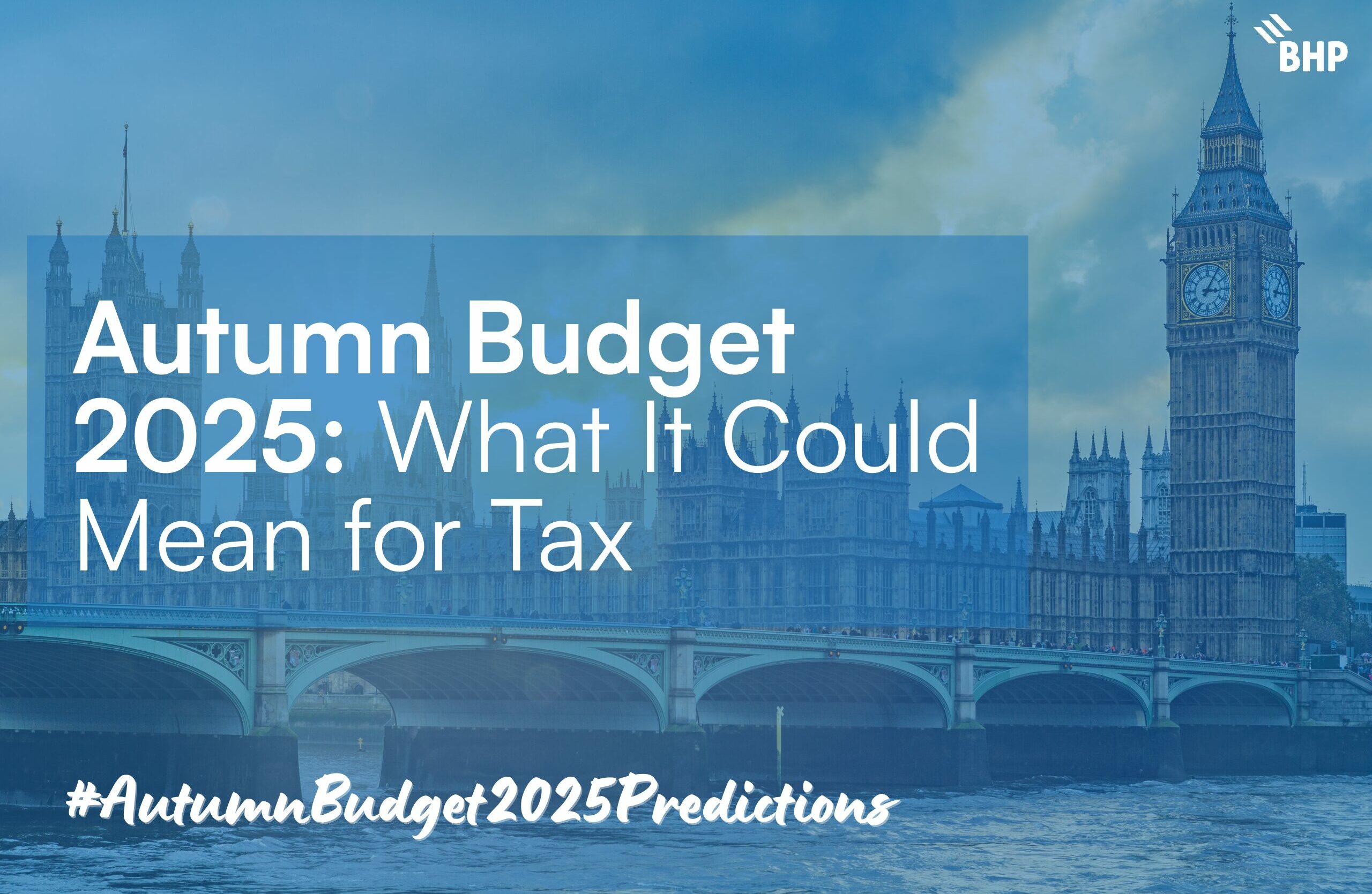As the next Autumn Budget approaches, businesses and individuals alike are looking for clarity, stability, and a clear path forward. After last year’s sweeping changes, there’s a strong desire for a more measured approach. Here’s what many are hoping to see in the upcoming Budget.
1. Stability
Last year’s Budget introduced sweeping changes, particularly around carried interest, non-domiciled individuals, and employer National Insurance Contributions (NICs) – which caused significant disruption across markets. These measures have had a tangible impact on businesses and working individuals alike. With the next Budget approaching, there is a strong desire for a more measured approach. Further increases to corporation tax, income tax, VAT, or NICs could risk undermining confidence and growth at a time when stability is sorely needed.
2. Simplification
The UK tax system is widely regarded as one of the most complex in the world. Any steps toward simplification would be warmly welcomed by businesses and individuals alike. This includes avoiding the introduction of new layers of complexity, such as wealth taxes or major changes to property taxation and stamp duty, which could increase administrative burdens and uncertainty.
3. Limited Liability Partnerships (LLPs)
One of the more controversial rumours ahead of the Budget is a potential change to the taxation of LLP members. Currently, LLP members are treated as self-employed and pay Class 4 NICs, with no employer NICs due. Bringing LLPs into the scope of traditional employer NICs would significantly affect professional services firms, particularly in the legal, financial, and medical sectors, as well as private equity (PE). Many in these industries are still adjusting to last year’s changes to carried interest, and further reforms could diminish the UK’s attractiveness as a hub for investment and talent, such as its current status as the world-leader for PE houses, leading to a mass exodus of businesses and individuals who contribute greatly to the overall tax revenue taken each year. Anything the government can do to dispel such uncertainties and consolidate existing LLP advantages would be greatly welcomed.
4. Fiscal Drag
Tax thresholds have been frozen since 2021, and there is widespread expectation that this freeze will be extended until the end of the current economic cycle (2030). This “fiscal drag” means more people are pulled into higher tax brackets as wages rise, effectively increasing tax without changing headline rates. Estimates place the cost of fiscal drag on the working public at up to £8bn a year. While a reversal of the freeze, allowing thresholds to rise with inflation, would be a welcome move, it is considered unlikely.
5. Savings and Retirement Protection
As people live longer and enjoy extended retirements, the cost to the state is rising. Encouraging individuals to save throughout their working lives is therefore an essential method to facilitate these rising costs in the long term. However, there are widespread concerns that the Budget may reduce incentives to save, such as lowering ISA contribution limits, reducing the tax-free pension withdrawal allowance, or even applying NICs to pension contributions. Such changes could discourage saving and increase reliance on state support, exacerbating long-term fiscal pressures. Businesses and individuals alike are therefore extremely keen to see such changes be dismissed and greater assurance placed upon incentives in perpetuity.
The upcoming Budget isn’t just about numbers, it’s about confidence, clarity, and the long-term health of the UK economy. Businesses and individuals alike are hoping for stability, simplification, and continued support for savings and retirement. A Budget that delivers on these fronts will be welcomed by all and ensure the UK remains an attractive place to live, work, and invest.
This material is for informational purposes only and should not be relied upon as professional advice.



